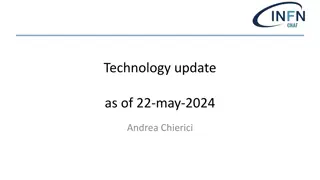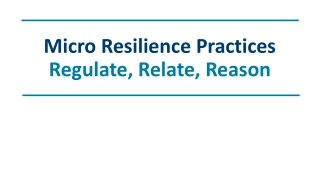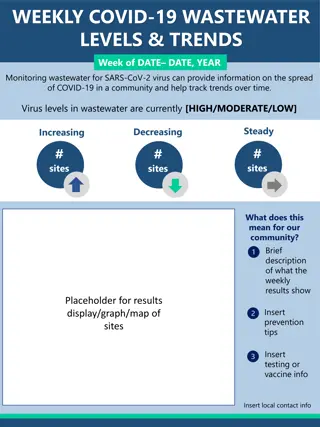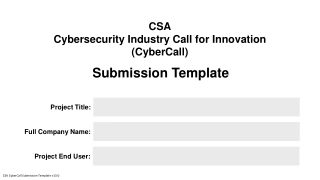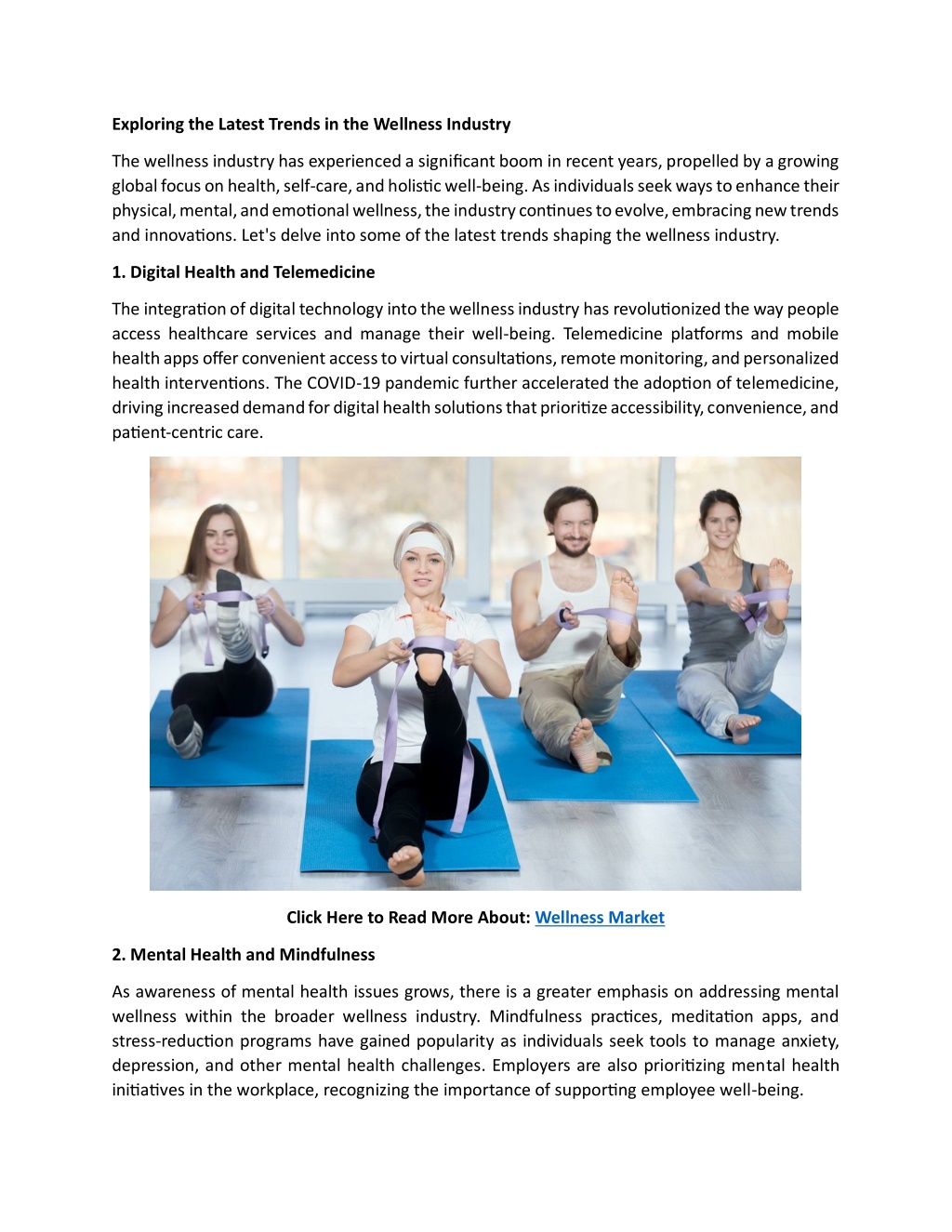
Exploring the Latest Trends in the Wellness Industry
In this article you've explored the key players in the Health & Wellness Industry.
- wellness industry trends
- wellness market analysis
- wellness market size
- wellness market share
- wellness market growth
- wellness market revenue
- wellness market trends
- wellness market players
- wellness market outlook
Download Presentation
Please find below an Image/Link to download the presentation.
The content on the website is provided AS IS for your information and personal use only. It may not be sold, licensed, or shared on other websites without obtaining consent from the author. Download presentation by click this link. If you encounter any issues during the download, it is possible that the publisher has removed the file from their server.
Presentation Transcript
Exploring the Latest Trends in the Wellness Industry The wellness industry has experienced a significant boom in recent years, propelled by a growing global focus on health, self-care, and holistic well-being. As individuals seek ways to enhance their physical, mental, and emotional wellness, the industry continues to evolve, embracing new trends and innovations. Let's delve into some of the latest trends shaping the wellness industry. 1. Digital Health and Telemedicine The integration of digital technology into the wellness industry has revolutionized the way people access healthcare services and manage their well-being. Telemedicine platforms and mobile health apps offer convenient access to virtual consultations, remote monitoring, and personalized health interventions. The COVID-19 pandemic further accelerated the adoption of telemedicine, driving increased demand for digital health solutions that prioritize accessibility, convenience, and patient-centric care. Click Here to Read More About: Wellness Market 2. Mental Health and Mindfulness As awareness of mental health issues grows, there is a greater emphasis on addressing mental wellness within the broader wellness industry. Mindfulness practices, meditation apps, and stress-reduction programs have gained popularity as individuals seek tools to manage anxiety, depression, and other mental health challenges. Employers are also prioritizing mental health initiatives in the workplace, recognizing the importance of supporting employee well-being.
3. Personalization and Customization Consumers are increasingly seeking personalized and customized wellness experiences tailored to their unique needs, preferences, and goals. From personalized nutrition plans and DNA-based wellness programs to customized fitness regimens and tailored skincare formulations, the trend towards individualized wellness solutions is driving innovation across the industry. Companies are leveraging data analytics, artificial intelligence, and genetic testing to deliver personalized experiences that resonate with consumers. 4. Holistic Wellness Retreats Wellness retreats offer immersive experiences designed to promote relaxation, rejuvenation, and self-discovery in idyllic settings. From yoga retreats and meditation retreats to spa getaways and nature immersion experiences, wellness retreats provide an opportunity for individuals to unplug from the stresses of daily life and focus on their holistic well-being. As travel restrictions ease and people prioritize self-care, the demand for wellness retreats is expected to surge. Visit this Link: Wellness Industry 5. Plant-Based Nutrition and Sustainable Living The shift towards plant-based nutrition and sustainable living practices reflects a growing awareness of the environmental and ethical implications of dietary choices. Plant-based diets, vegetarianism, and veganism have gained traction as individuals seek healthier, more sustainable alternatives to traditional diets. Sustainable living practices, such as zero-waste lifestyles, eco-
friendly products, and ethical sourcing, are also driving change across the wellness industry as consumers prioritize sustainability in their purchasing decisions. 6. Wellness Technology and Wearables The proliferation of wellness technology and wearables has empowered individuals to take a proactive approach to their health and fitness. From fitness trackers and smartwatches to sleep monitors and mindfulness apps, wearable devices provide real-time feedback and insights to help users track their progress, monitor vital signs, and make informed lifestyle choices. The integration of artificial intelligence and machine learning further enhances the capabilities of wellness technology, enabling personalized recommendations and predictive analytics. Conclusion The wellness industry is experiencing a period of rapid growth and transformation, driven by shifting consumer preferences, technological advancements, and a greater awareness of holistic well-being. From digital health and mental wellness to personalized experiences and sustainable living, the latest trends in the wellness industry reflect a multifaceted approach to health and happiness. As the industry continues to evolve, companies that embrace innovation, customization, and sustainability will be well-positioned to meet the diverse needs of today's wellness-conscious consumers.





